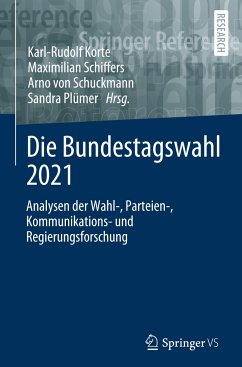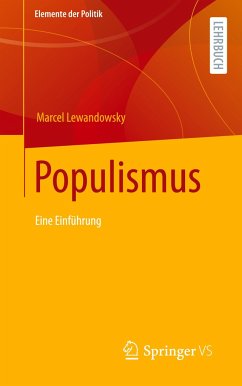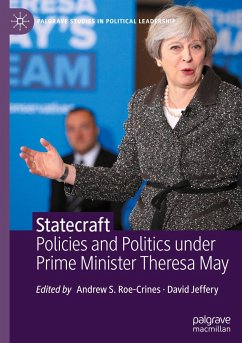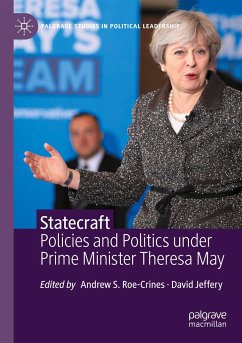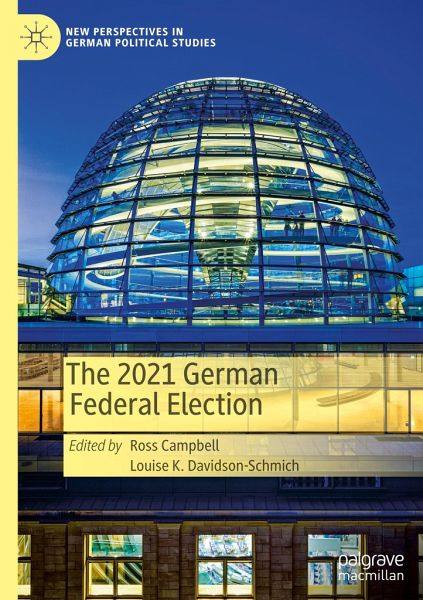
The 2021 German Federal Election

PAYBACK Punkte
53 °P sammeln!
The German Federal Election of 2021 was one of the most open and competitive in the post-war era. This book provides a systematic analysis of its domestic and international context, the shifting balance of the political parties, the election strategies and campaign themes, along with the challenges of government formation. An international array of scholars from Europe, North America and Australasia have contributed specially commissioned chapters on their principal areas of research. The discussion of individual topics is combined with sufficient background information so as to be accessible ...
The German Federal Election of 2021 was one of the most open and competitive in the post-war era. This book provides a systematic analysis of its domestic and international context, the shifting balance of the political parties, the election strategies and campaign themes, along with the challenges of government formation. An international array of scholars from Europe, North America and Australasia have contributed specially commissioned chapters on their principal areas of research. The discussion of individual topics is combined with sufficient background information so as to be accessible to readers who may not have detailed knowledge of German politics. In addition, by including links to multimedia election-related content we enhance the value of this volume and make it an indispensable reference tool.






